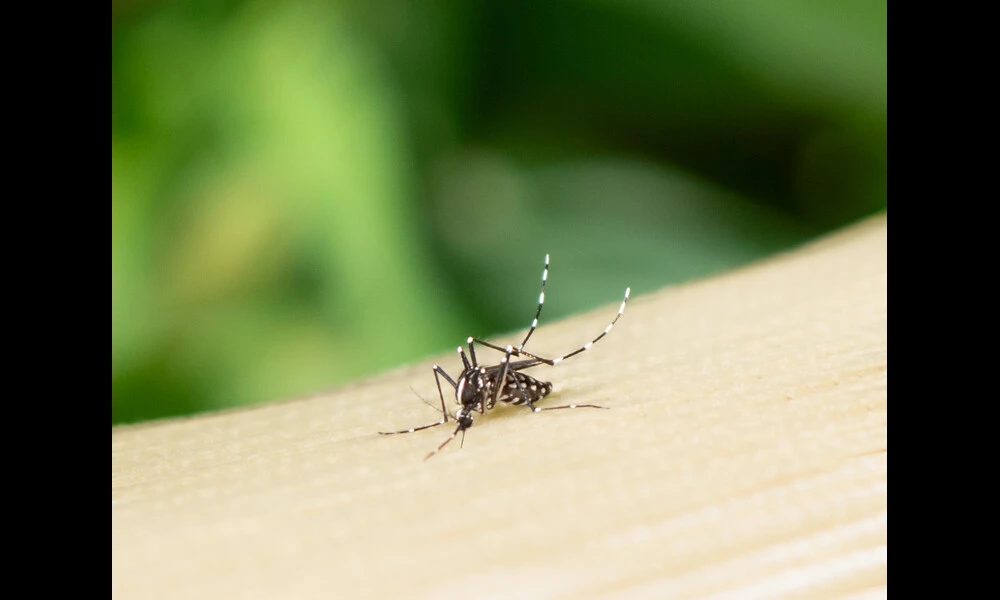How People Navigate Dating After Rejection
Published on Fri Aug 11 2023 Valentines Day Cookies Publix Bakery | Phillip Pessar on Flickr
Valentines Day Cookies Publix Bakery | Phillip Pessar on FlickrNew research conducted by a team of researchers in China has shed light on how people navigate new romantic relationships after experiencing rejection. The study, titled "Moving On Gracefully: Navigating a New Relationship After Romantic Rejection," aimed to understand individuals' behavior towards a new dating partner following romantic rejection.
The researchers randomly assigned participants to either a romantic rejection or control condition. They then asked the participants to complete a Tangram Help/Hurt Task with a new dating partner, who had either a high or low possibility of accepting the participant. The results revealed that individuals who had experienced romantic rejection displayed significant prosocial behavior towards their new dating partner, rather than exhibiting aggressive behavior.
Interestingly, the study also found that individuals who had experienced rejection displayed more prosocial behavior towards a new dating partner with a high possibility of acceptance than those with a low possibility of acceptance. This suggests that the participants were more willing to establish new social bonds when there was a higher chance of being accepted by their new partner.
These findings support the social reconnection hypothesis, which suggests that after experiencing rejection, individuals seek out new relationships to compensate for the need for social connection. The study provides valuable insights into how people initiate new romantic relationships after facing rejection and highlights the importance of the possibility of acceptance in shaping individuals' behavior.
Understanding how individuals navigate new relationships after rejection is crucial as romantic rejection can have a significant impact on one's emotional well-being. The findings from this study offer hope to those who have experienced rejection, showing that they are likely to display prosocial behavior and actively seek new connections. This research could potentially help individuals who have faced rejection to move on and establish healthy and fulfilling new relationships.
It is important to note that this study was conducted in a laboratory setting and focused on short-term, one-time rejection. Future research should explore the effects of repeated rejection on individuals' behavior in real-life situations. Additionally, further investigations should consider other factors that may influence individuals' responses to rejection, such as attachment style and regulatory focus.
Overall, this research contributes to our understanding of how individuals navigate new romantic relationships after experiencing rejection. By highlighting the importance of the possibility of acceptance in shaping behavior, this study provides valuable insights that could help individuals recover and move on from rejection.



